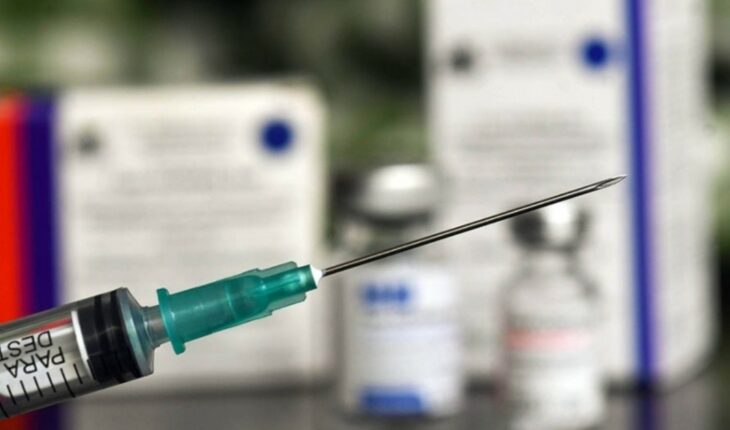A survey of 39,129 people in the United States revealed that 42% of people with a uterus with regular menstrual cycles had more than normal bleeding after getting vaccinated against the coronavirus. The authors of the study were Tulane University Department of Anthropology Professor Katharine Lee and University of Illinois At Urbana-Champaign Department of Psychology Professor Eleanor J. Junkins. And in turn, they warned that “40% of this sample having this experience does not mean that that is the rate in the world.” The study, published in the scientific journal Science Advances, details that the research was conducted from a survey launched on April 7, 2021 for 12 weeks, initially on Twitter, to recruit people who currently or previously menstruated and who had been vaccinated, but spread rapidly across multiple social media platforms and media outlets. The authors began the research from the fact that in early 2021 many people began to share that they experienced unexpected menstrual bleeding after inoculation. In addition, many of the people who participated learned about the survey after conducting an intensive internet search to learn more about their own menstrual experiences and find social networks or news coverage of this project, the researchers said.
The universe of people surveyed was between 18 and 80 years old. The people who participated were fully vaccinated with Pfizer, Moderna, AstraZeneca, Johnson & Johnson, among other vaccines. In addition, they stressed that the process was prior to the booster doses, so at the time of the survey people had one or two doses of the vaccine and had not contracted covid-19. To investigate this emerging phenomenon of changes in menstrual bleeding patterns they took a sample of 39,129 people menstruating now and previously. The study found that 42% of people with regular menstrual cycles bled more than normal, while 44% reported no changes after being vaccinated, the authors detailed. Their main findings were that “a more abundant menstrual flow was more likely for those respondents who were non-white, Hispanic/Latino, older, had a diagnosed reproductive condition, used hormonal contraceptives, had been pregnant in the past (either had not given birth), or experienced fever or fatigue after vaccination.” In turn, the researchers explained that vaccines “work by mobilizing the immune system to protect it from disease if exposure occurs” and this immune activation “is important, although it can also produce a cascade of other localized (e.g., pain at the injection site) or systemic (e.g., fatigue and/or fever) inflammatory responses.” In that sense, they pointed out that studies evaluating the direct effect of vaccination on the menstrual cycle are few and far between, and gave as an example one from 1913 that identified that the typhoid vaccine was associated with menstrual irregularities, or studies of hepatitis B and human papillomavirus that have also indicated that menstruation could be altered.
42% of people with a uterus had increased menstrual bleeding after being vaccinated against Covid-19
July 19, 2022 |





